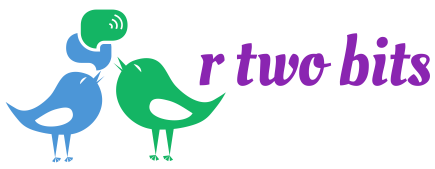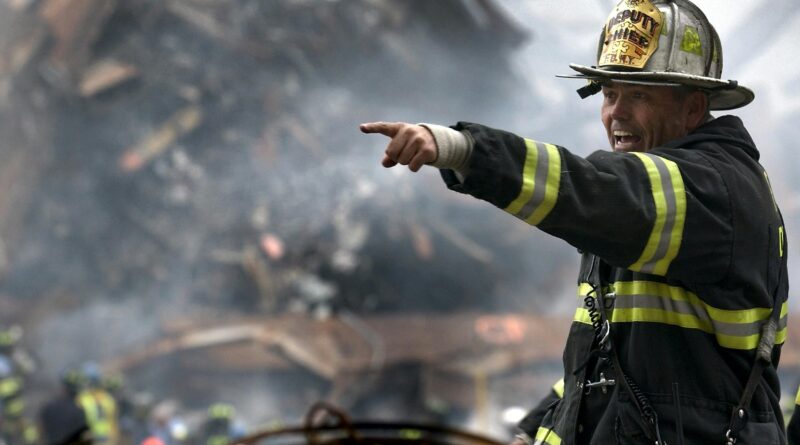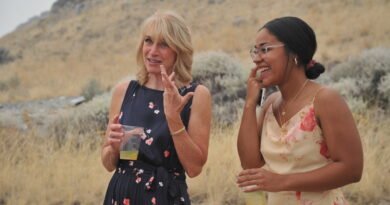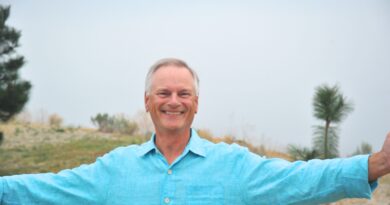Heroes of a Thousand Faces
We all have heroes. But why do we have them? What are they?
The Hero’s Journey is an idealist adventure; right a wrong, protect the weak, free the enslaved, rescue the wounded. It’s an archetypal story that crosses the millennia, reaching across all cultures and throughout time. A universal story encompassing the ethereal themes of man against himself, man against man, man against nature; of courage, adventure, moral character, growth and, hopefully, resolution. With the advent of robots and artificial intelligence, do we add man against his creations? I think that is still man against himself; the three core themes remain valid. Either way, it all begins there.
There are standards for the archetype hero, The Hero With a Thousand Faces, as Joseph Campbell wrote. He must face challenges both physical, mental, and moral, confront evil, gain wisdom, emerge victorious. It is the essence of the life we all are challenged to lead. How many of us have the courage to live it?
Is this what heroes are – those who, unlike many of us, not only face the challenges of our lives courageously, but take on even greater ones? Are true heroes only the ones who vanquish their foes, or are there other, less obvious forms of heroism? Is a hero merely someone who stands up to their fears, to the dangers, and forges ahead anyway? Does successful completion of the deed have anything to do with being a hero, or is it the wisdom and experience gained that is the only requisite?
How does our modern day construct of a hero stack up? Even though heroes should fall into categories, in this day of instant, worldwide communication we tend to indiscriminately lump them together. There’s the everyday hero, who goes the extra mile to help someone in need; there are the involuntary instantaneous heroes, who are in the right spot at the right time and jeopardize their own safety to courageously rescue someone from injury or death; there are the celebrity heroes, who ostensibly set the bar for entertainment or intellectual prowess and performance, and are worshiped for it.
Soldiers, police, firefighters are a different kind. When active, they are in an environment nearly always filled with danger. Of their heroic acts they often claim to have only been doing their jobs. It’s true, the training anticipates the dangers. Still, there is no substitute for courage, for cool in the face of threat. Courage is knowing there is danger and doing the deed anyway.
A few of these categories are more rightfully worshipped as heroes than others. I think we award the title too easily. But no matter the hero, we eventually look to find fault with them. After the shine wears off, the emphasis changes from celebrating their accomplishments to denigrating their flaws, ultimately destroying their hero standing and possibly them in the process. We love heroes, but we hate those who are better than us. A standard human flaw, especially in those whose lives are paralyzed by fear and dominated by jealously of accomplishment. In other words, most of us to at least some degree.
As Nick Saban, famous Alabama football coach said, “Underachievers don’t like overachievers, and overachievers don’t like underachievers.” Which would you rather be?
The mythological hero is the standard. Thousands of years have not changed that. There are still the same physical and mental struggles, the same journeys of action and belief that make life exciting and worthy of the reward that lies beyond. The Hero shows us the way. Good over evil. Find your causes, fight your battles, endure your struggles, celebrate your victories, impart your contribution, thank the Almighty and embrace the wisdom and the knowing of the passage. On this earthly plane, what else is there?




